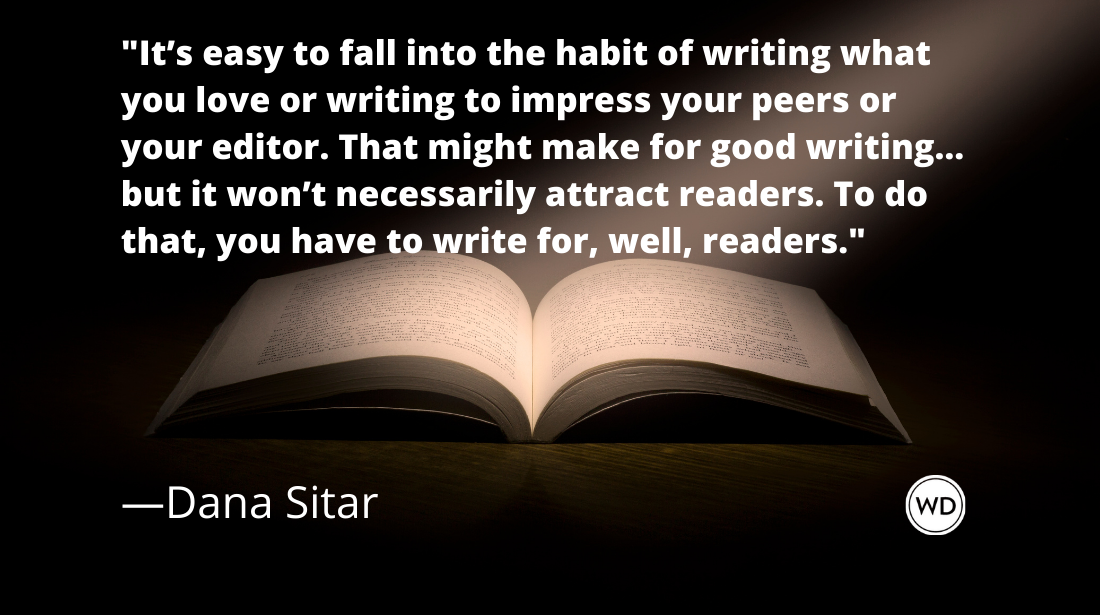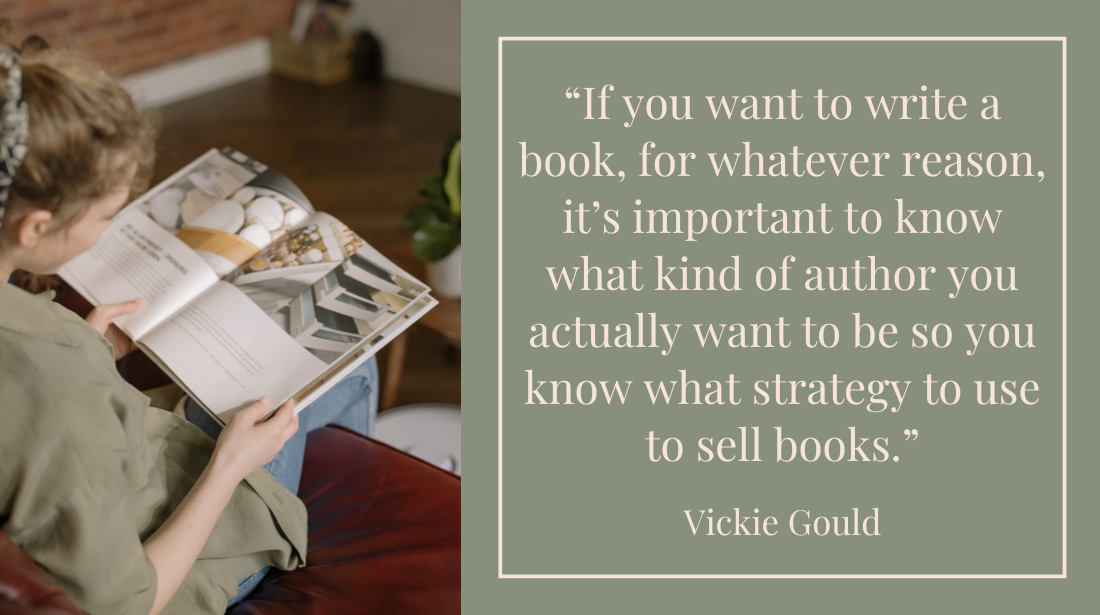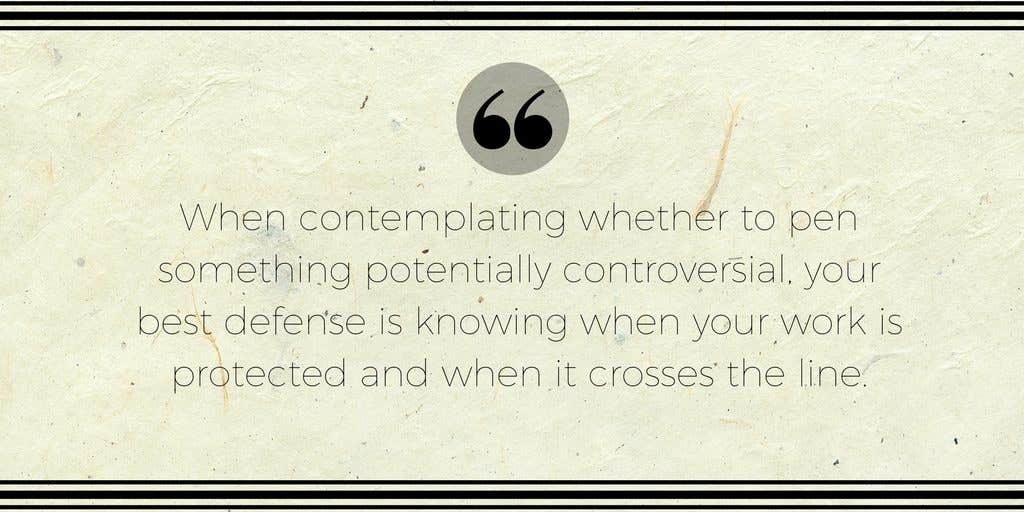Shades of Gray
Do you still have first-time rights to your work if it’s been printed in blogs, e-zines or tiny defunct journals? Well, the rules aren’t so black and white any more.
"No reprints." This small phrase appears in the submission guidelines for most magazines. But have you found yourself wondering lately what that really means? With the Internet's publish-yourself explosion, what's considered published, and what isn't?
My first legitimate publishing credits were in online literary magazines and print journals with diminutive print-runs. As more and more guidelines require "no previously published work," I wondered about the shades of gray in publishing and just how far these could be pushed. What if one of the online journals went defunct? And how about that print publication that circulated just 100 copies—did these qualify?
After picking the brains of editors of both print and online journals, the gray areas turn out to be fewer than writers may think.
In the early 1990s—when the computer was really just getting "personal" and the Internet was more innocent—online literary magazines, often referred to as "e-zines," sprouted in profusion like fall mushrooms. Partly due to their sheer numbers, many literati didn't consider them "real" sources of literary work. Since then, many of these magazines have established themselves as serious, even making Pushcart Prize nominations and earning respect in the literary world. Yet some writers still see online magazines as a place to test-drive their work with the hopes of placing them "for real" in print journals later. Be warned: This is a practice that could blackball your future.
"Those who don't consider online as published are either snobs, morons or have their own turf-feeding agenda," says Michael Neff, editor of Web del Sol. "Since 1998, the National Endowment for the Arts has recognized online publication as credit toward receiving a grant. What is that telling us?"
What it tells us is that someone created a forum to showcase works of literary merit and put your writing through an editorial process (just like their print counterparts). And that, friends, counts as being published—even if no money exchanged hands.
There is, however, a difference between an online literary magazine and an online writer's workshop, such as Zoetrope's Virtual Studio, which requires a membership login and is therefore not truly "public." While a few editors still regard workshopped pieces as "self-published creative content," most would consider publishing these pieces.
If your work survives the slush pile, many magazines (online and print) may demand first North American serial rights, which allow them to be first to publish your work on this continent. Granting these rights allows the periodical to be the first publisher of the work in North America and takes the piece off the market for 60 to 90 days after it appears in print. Once that time period ends, the author can then submit the work to outlets that publish reprints.
Howard Junker, editor of ZYZZYVA, and Charles Valle, editor of Fence (both print journals), agree that if they can't have first rights, they probably won't publish your piece, no matter how much they love it.
"From an editorial standpoint, it just doesn't make sense for writers to submit previously published work, especially to small journals like Fence," Valle says.
If you win a prize but weren't published, you can be one of the rare few who gets fame, cash and the freedom to publish your masterpiece elsewhere. "Many stories come to us that have been finalists or place winners in contests but remain unpublished," says Jessica Brilliant Keener, fiction editor at the print journal Agni. "Ultimately what matters is the story and if we love it."
Perhaps the grayest area of all is the blog. In the beginning, bloggers were seen as little more than confessional diarists posting their ramblings on the Internet for anyone to stumble across. Because numerous bloggers are prolific and even respected now, however, the issue of blog publishing leaves a lot of editors uneasy. Most agree that content that appeared on a personal blog doesn't count as being published—as it hasn't gone through a committee process—but some still prefer not to publish it. If you aspire to publish in a particular journal, you're better off keeping prospective pieces off the blogosphere altogether.
So if you want to stay safe, follow these rules: Research the publication guidelines and respect what you find. Be honest if your work was previously published and don't try to trick editors—they do talk to one another and read widely. And when in doubt, err on the side of caution.








